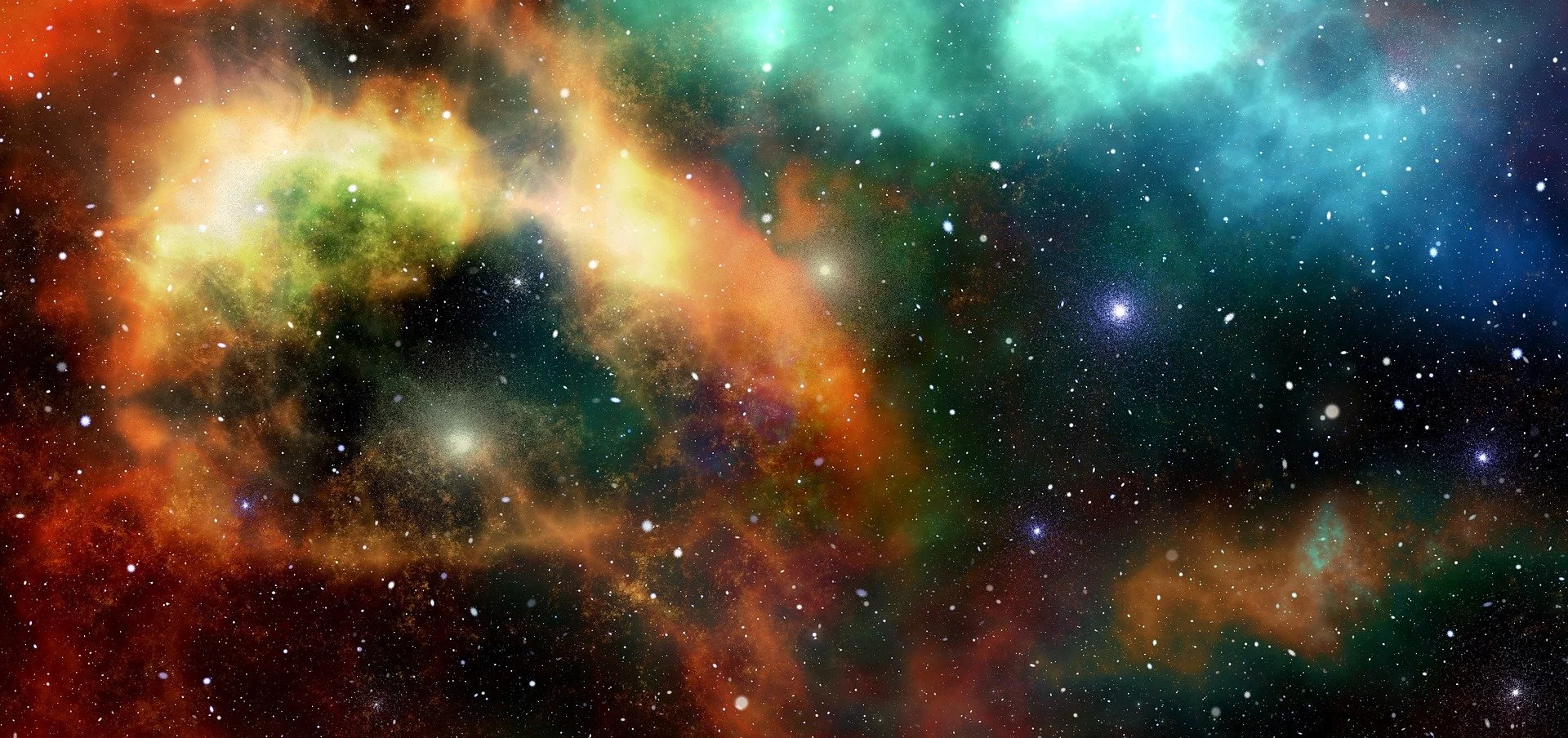New research puts age of universe at 26.7 billion years, nearly twice as old as previously believed::Our universe could be twice as old as current estimates, according to a new study that challenges the dominant cosmological model and sheds new light on the so-called “impossible early galaxy problem.”



From what I understand, the main idea behind tired light isn’t particularly weird, it’s just that scattering could potentially lead to a redshift as well. The issue is that if you assume enough scattering to explain cosmological redshift you would also get some other effects, which are however not observed. This basically ruled out the original tired light theory by Zwicky from the beginning. The author of this paper seems to try to get around that by combining a smaller amount of “tired light” with time-varying couplings. Unfortunately the paper is behind a paywall and I can’t tell any more details.
No, he says that coupling constants (not sure if that is what you mean by “universal constants” or not) can change, which is a generic consequence of the RG and has in fact been observed in nature (e.g. electron charge or strong coupling, to name just the most famous examples). From a QFT perspective, the cosmological constant is also a coupling, and several quantum gravity theories do in fact generically predict or suggest a time-varying cosmological constant. So this part by itself isn’t really that out there, nor that original for that matter. However, since I can’t access the paper I can’t judge whether the author’s way of varying Λ is reasonable or just a way to fit the data without any physical motivation, and I don’t really know what the article means by “he proposes a constant that accounts for the evolution of the coupling constants”.
That seems like a more grandiose claim to me, if accurate. Do you have a source for where the author claims that? Although he wouldn’t be the first to do so.
I think this can be said for a lot of popular science article with topics like this. However, in many cases the blame can lie more with the pop-sci journalists who are looking for a cool story and might over-interpret the author’s claims (I guess “physics toppled!!!11” sounds more interesting than “some guy suggests that some data might be fitted in a slightly different way”). Although in this case at least the age of the universe claim does seem to come from the author.
Edit: Judging by another article of the author someone else linked me to further down, it seems that while the author does speak of coupling constants, he really does refer to time-varying fundamental constants. So I must agree with the previous poster on this, it does seem quite a bit more out there than I had originally assumed.